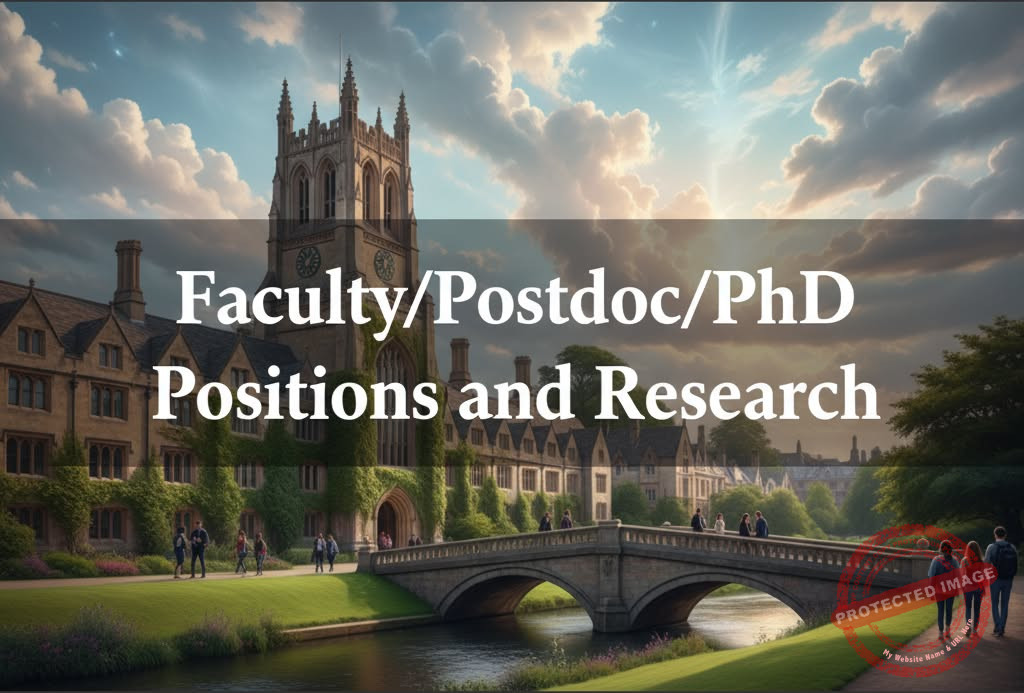Intracellular Events in Antigen Processing
Antigen processing is a vital step in the immune system’s ability to recognize and respond to pathogens. It involves the breakdown of proteins into smaller peptides that can interact with major histocompatibility complex (MHC) molecules, allowing antigen presentation to T cells. This process is essential for both the detection of intracellular pathogens by cytotoxic T lymphocytes (via MHC class I) and extracellular pathogens by helper T cells (via MHC class II). Here, we delve into the intricate intracellular events that govern antigen processing across these pathways.
Antigen Processing for MHC Class I Presentation
MHC class I molecules present endogenously synthesized proteins to CD8+ cytotoxic T cells. The intracellular events in this pathway are as follows:
- Protein Synthesis and Ubiquitination:
- Endogenous proteins, including defective ribosomal products (DRiPs), are synthesized within the cell. These proteins are subject to quality control and, if misfolded or damaged, are tagged with ubiquitin molecules, marking them for degradation.
- Proteasomal Degradation:
- The ubiquitinated proteins are directed to the proteasome, a large proteolytic complex responsible for degrading the proteins into smaller peptide fragments. These peptides are typically between 8-10 amino acids in length, corresponding to the optimal size for binding to MHC class I molecules.
- Transport into the Endoplasmic Reticulum (ER):
- Peptides derived from the proteasome degradation enter the ER via the transporter associated with antigen processing (TAP). TAP is selective and primarily transports peptides compatible with MHC class I binding.
- Peptide Editing and MHC Loading:
- Within the ER, peptides associate with MHC class I molecules with the help of a protein complex consisting of chaperones such as calnexin, tapasin, and calreticulin. High-affinity binding results in a stable MHC-peptide complex.
- Peptide editing ensures that only peptides with sufficient binding affinity are loaded onto MHC class I.
- Transport to the Cell Surface:
- Once stabilized, the MHC class I-peptide complexes are transported to the cell surface via the Golgi apparatus, where they present the antigenic peptides to CD8+ T cells.
Antigen Processing for MHC Class II Presentation
MHC class II molecules present antigens derived from extracellular sources and are primarily expressed on professional antigen-presenting cells. The events in this pathway include:
- Endocytosis of Exogenous Antigens:
- Extracellular antigens are internalized into APCs through endocytosis, phagocytosis, or pinocytosis, ending up in endosomal compartments.
- Proteolytic Processing:
- Within endosomes and lysosomes, the antigens are subjected to proteolytic digestion by enzymes such as cathepsins. This processing generates peptides of suitable length for MHC class II binding, typically between 13-25 amino acids.
- MHC Class II Synthesis and Invariant Chain Binding:
- MHC class II molecules are synthesized in the ER and associated with an invariant chain (Ii), which prevents premature peptide binding and directs the complex to endosomal compartments.
- Ii Degradation and CLIP Formation:
- The invariant chain is progressively degraded by proteases, leaving the class II-associated invariant chain peptide (CLIP) in the MHC class II groove.
- Peptide Loading and HLA-DM Facilitation:
- In specialized endosomal compartments, HLA-DM catalyzes the exchange of CLIP for higher-affinity peptide fragments derived from the processed exogenous antigens.
- Transport and Surface Expression:
- The peptide-loaded MHC class II molecule is transported to the cell surface to present antigens to CD4+ T helper cells, initiating specific immune responses.
Regulation and Implications
The intracellular events in antigen processing are tightly regulated to ensure proper immune surveillance and tolerance. Dysregulation can lead to inadequate immune responses or autoimmunity. Additionally, some pathogens have evolved mechanisms to evade antigen processing, highlighting the evolutionary arms race between pathogens and the immune system.
Understanding these processes provides crucial insights into developing vaccines and immunotherapies, as certain strategies aim to modify or enhance antigen processing pathways to improve immune responses against infections and cancer. Moreover, insights into antigen processing can inform treatments for autoimmune diseases, where inhibiting specific processing pathways might ameliorate disease.
In conclusion, the intricate intracellular events involved in antigen processing are fundamental for effective immune function. They ensure that T cells receive the necessary information to distinguish between self and non-self, forming the cornerstone of adaptive immunity.





 Serving
Serving